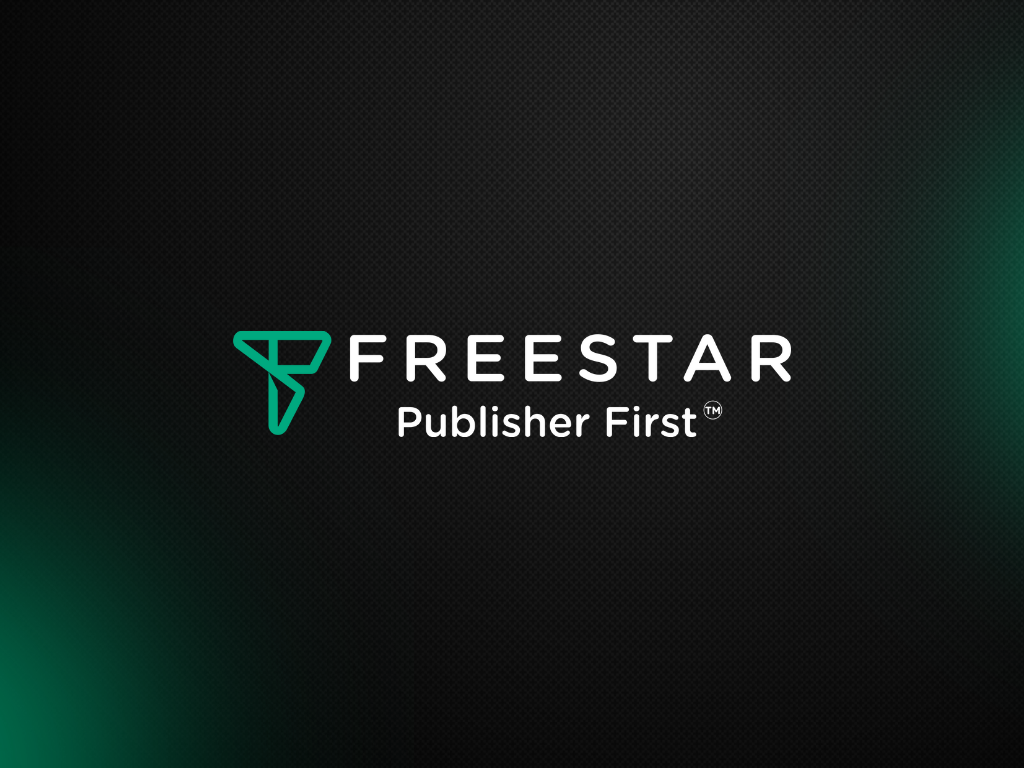
Publishers are facing enough headwinds to make their heads spin.
These challenges mean opportunity for publisher tech companies like Freestar, which announced Wednesday that it hired Heather Carver as its first-ever chief revenue officer.
Smaller publishers will need help navigating an uncertain future, Carver told AdExchanger. The deprecation of third-party cookies and other identifiers, the resulting loss of addressability on mobile and the web, and the blurring of the lines separating DSPs and SSPs will require new tech integrations that many publishers will look to outsource, she said.
Carver is a longtime fixture on the publisher side of the marketplace. She spent about 10 years managing seller accounts at publisher tech company the Rubicon Project, which merged with video ad platform Telaria in 2020 to form Magnite, a major SSP. And she began her career in ad ops for job listing site Snagajob before moving on to building Match Media Group’s ad network.
After a short stint on the buy side working on business development for Amazon Ads, Carver is excited to return to the sell side with Freestar, she said.
“Having her guide our revenue function, leveraging her experience on both the supply and demand sides of our business, will undoubtedly help us shift things into an even higher gear,” Freestar CEO Kurt Donnell told AdExchanger.
AdExchanger spoke to Carver about her new position, recent changes on both the buy side and sell side of the marketplace and how publisher tech is evolving to meet today’s monetization challenges.
AdExchanger: Why did Freestar decide to bring you in as its first CRO?
HEATHER CARVER: They’re looking to grow, but there was no central revenue organization. After the Triple13 acquisition, the company had [Triple13 founder] Matt Whaley in mind to potentially take on the revenue responsibilities. But Kurt decided Matt is better suited to the operational side. So it made sense to bring in a CRO to help streamline sales processes and train the business development team.
How have you seen pub tech evolve over your career, and what’s next?
When I started at [Rubicon, part of Magnite] in 2012, 10% of our revenue was based on RTB [real-time bidding]. The rest was ad network optimization using machine learning to inform the waterfall and what partners to call. The rise of header bidding was very disruptive. We’re now seeing things go back to an explosion of bidders, and there are discussions around the inefficiencies of that. Supply-path optimization and narrowing of partners is the current trend.
Some in the industry think programmatic should go back to second-price auctions. Is that feasible?
First-price auctions still make sense for header bidding. It needs to be about using data to set better floors and set fair market value for every impression in an automated way. Second-price auctions don’t really fit with header bidding, and bid shading is costing the industry so much money.
Does the current macroeconomic situation limit how much publishers can invest in pub tech?
Publishers have to decide whether it makes sense for them to build their own tech, buy something or outsource. Freestar and similar companies are going to benefit from outsourcing. If you partner with someone, [breaking off that relationship] is easier than having to unravel a whole strategy because you’re not getting direct sales and advertisers are going to lower CPMs or performance buys rather than branding.
What do you think of publishers doing more direct business rather than relying so much on open auction programmatic?
If you’re a large publisher with an established brand name, focusing on direct sales can make sense. Maybe you take some ad units off the page, create more scarcity, offer up some custom units and first-party data. But at the end of the day, agencies can only talk to so many publishers.
Does doing more direct business make sense for Freestar as a publisher network?
That’s a strategy I want to dig into. We already have PMPs and one-to-many-type deals up and running. But we need to explore our audience strategy and how to help buyers as they struggle with the shift away from cookie-based targeting. Buyers want a more direct partnership with publishers, like The Trade Desk’s OpenPath.
Marketing Technology News: WalkMe and Deloitte India Enter Strategic Alliance to Drive Digital Adoption across Enterprises in India
How do you see the trend of DSPs going direct to publishers through offerings like OpenPath and SSPs going direct to buyers through products like Magnite’s ClearLine affecting Freestar’s pub tech business?
Those products are very CTV-focused. CTV is the shiny object, and inventory is scarce. Magnite just integrated with Mediaocean for local TV buys, and it’s really about [bringing in] more of that scarce inventory.
Freestar is interested in partnering with [SSPs on these products]. We don’t see it as a threat, but a way to dig in with the demand side and figure out how to maximize the value of our publishers’ inventory.
What’s your assessment of the current state of Prebid? What needs improvement?
I’ll have more to say on this during my upcoming keynote at the Prebid Summit. But I’m impressed with how it’s transformed into a fully formed organization. Now they have a president, and they’re working with IBM and other industry initiatives. It’s become a leading open-source technology by doing a great job of providing documentation and transparency.
Marketing Technology News: MarTech Interview with Kala Halbert, Director of Marketing, Prophia











